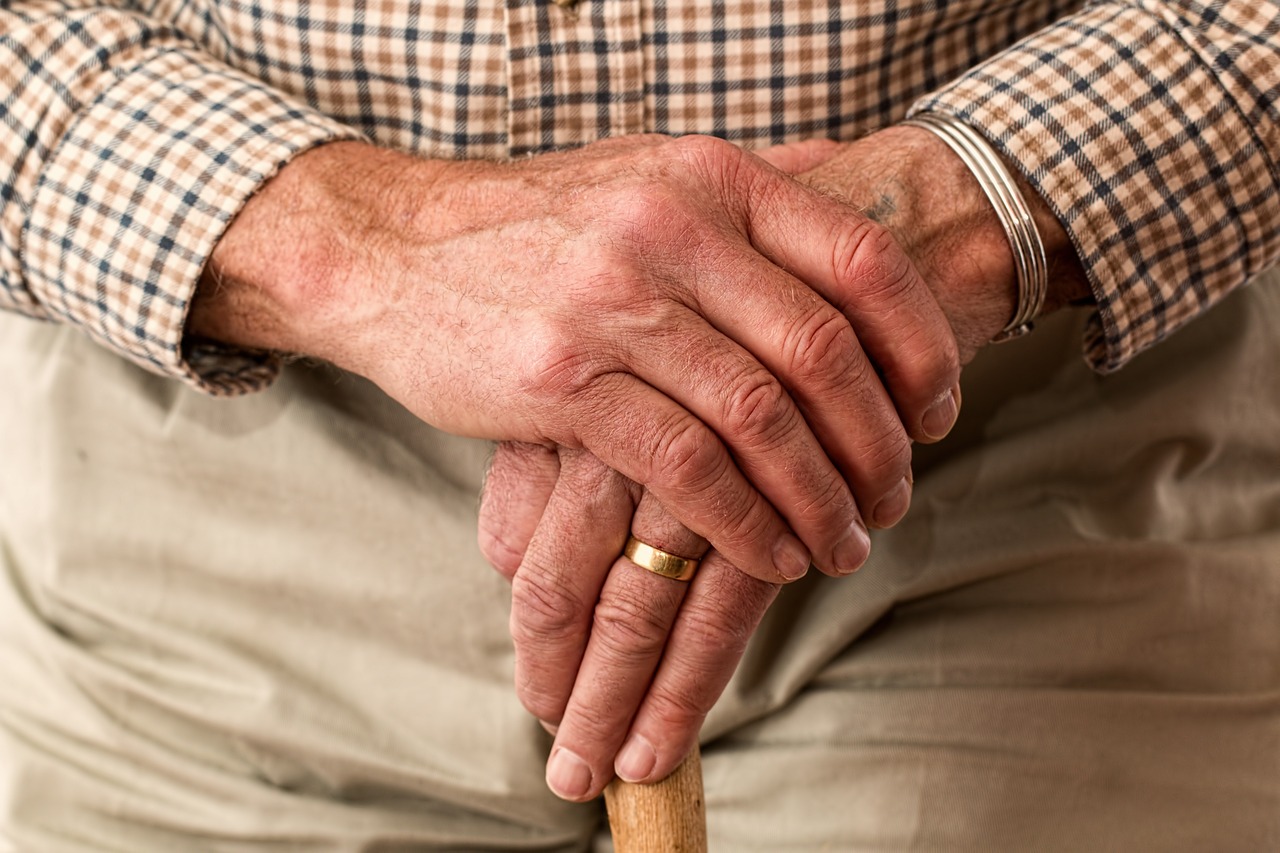Health and Welfare
Lasting Powers of Attorney (LPA)
Health and Welfare
A Health and Welfare Lasting Power of Attorney (LPA) gives someone you trust the legal authority to make decisions about your care and wellbeing if you’re no longer able to make those decisions yourself.
This type of LPA ensures that your wishes around medical treatment, care, and daily living are respected, even if you’re unable to communicate them at the time.
Why Clients Use Us
✅ Avoid common mistakes that delay or invalidate your forms
✅ Talk to someone who truly cares and understands the process
✅ Get help with difficult decisions (like choosing your attorneys)
✅ Save time with guided, pre-filled paperwork
Health and welfare
This type of LPA ensures that your wishes around medical treatment, care, and daily living are respected, even if you’re unable to communicate them at the time.


What Does It Cover?
A Health and Welfare LPA can allow your chosen attorney(s) to make decisions about:
Your daily routine, such as washing, dressing and eatingWhere you live, including whether you need to move into a care homeThe type of care you receive and who provides itMedical treatment, including consenting to or refusing certain proceduresLife-sustaining treatment, if you choose to give them this authority
This LPA can only be used if you lose the mental capacity to make these decisions yourself.
Who Should I Appoint?
Your attorney should be someone you trust to understand your values and preferences. Many people choose a close family member or friend. You can appoint more than one person, and you can also name replacements in case your first choice is unable to act.
It’s a good idea to have an honest conversation with them in advance about your wishes and beliefs, so they feel confident representing you.


Common Misunderstandings
“I’ve already told my family what I want.”
Verbal instructions may not be enough if there’s a disagreement. An LPA gives legal authority and avoids confusion during emotionally difficult times.
“Health decisions aren’t as important as financial ones.”
Decisions about treatment and care can be life-changing. An LPA ensures they are made by someone who knows and respects your wishes.
Why It Matters
Without a Health and Welfare LPA, medical staff and social services may make decisions without input from your family, or worse, the wrong people could end up deciding on your behalf.
By putting this legal protection in place, you’re making your voice heard, even if you can’t speak for yourself. It gives peace of mind to you and your loved ones during difficult moments.

TESTIMONIALS

Jane Doe
"This website provided all the information I needed and when I was ready, they helped me with putting the documents in place".

John Doe
"A great source of information for LPAs. Thanks to Sophia and the team for their guidance."
FAQS
What is an Lasting Power of Attorney
A Lasting Power of Attorney is a legal document that allows someone you trust (your ‘attorney’) to make decisions on your behalf if you lose the ability to do so yourself.
Why would I need an LPA?
An LPA ensures your wishes are respected and important decisions are made by someone you trust if you're ever unable to make them yourself due to illness, injury, or age.
Who are the Office of the Public Guardian
The OPG is a government body that oversees LPAs and ensures attorneys act in your best interests.
What's a Deputyship Order?
A deputyship order is a legal document issued by the Court of Protection in England and Wales. It gives one or more people (called deputies) the legal authority to make decisions on behalf of someone who lacks the mental capacity to make those decisions themselves.
Is an LPA only for older people?
No. Anyone over the age of 18 can make an LPA. It’s about planning ahead—accidents or illness can happen at any age.
What's the difference between the two LPAs?
There are two types:
Health and Welfare LPA – covers decisions about medical treatment, care, and living arrangements.
Property and Financial Affairs LPA – covers decisions about money, bills, property, and bank accounts.
Do I need both LPAs?
That depends on your situation, but many people choose to have both to ensure all areas of their life are covered.
How do I create an LPA?
You’ll need to complete the official forms, have them signed and witnessed correctly, and then register them with the Office of the Public Guardian (OPG).
Do LPAs need to be registered?
Yes, they must be registered with the OPG before they can be used. This applies to both types of LPA.
How long do LPAs take to register?
Registration usually takes around 8 to 10 weeks, depending on the OPG’s workload.
How much does it cost to register an LPA?
It costs £82 per LPA to register in England and Wales. Some people may qualify for a fee reduction or exemption.

